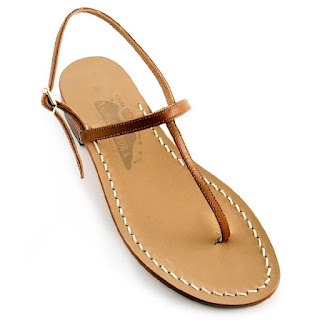Would you survive without a duvet?
Can you imagine how complicated it was to have a clean and cosy bed a hundred years ago?
Can you imagine how complicated it was to have a clean and cosy bed a hundred years ago?
 |
| (via my ear-trumpet ahsatancox) |
Duvets only became popular throughout the world in the late 20th century.
They originated in rural Europe and were made from the down feathers of the eider duck, known for its usefulness as a thermal insulator.
In the mid-eighteenth century, Thomas Nugent, an Englishman on a grand tour then passing through Westphalia (Germany), observed with surprise:
There is one thing very particular to them, that they do not cover themselves with bed-cloaths, but lay one feather-bed over, and another under. This is comfortable enough in winter, but how they can bear their feather-beds over them in summer, as is generally practised, I cannot conceive. (Wikipedia)
"Continental quilt" was the term used when the item was widely introduced into England during the early 1970s. Terence Conran considered the duvet, the best product he has ever sold because it was a symbol of social change:
We had sold duvets in Habitat stores in Britain and decided to include them in the range when we opened in France. A lot of people were sceptical, because the French were accustomed to sheets and blankets. But I thought we really ought to give it a try. Our promotion ’20 seconds pour faire un lit!’ (20 minutes to make a bed) was a huge success and undoubtedly changed the sex life of Europe.
The bedroom was never the same again.
The bedroom was never the same again.
Duvets reduced the complexity of making a bed: a single covering instead of the combination of bed sheets, blankets and bed cover. You can remove the cover and launder it as often as the bottom sheet and pillow cases. Besides, Duvet covers look beautiful and bring the required warmth we need to rest and feel comfortable.
If you would like to make a duvet cover yourself, you can find some tips here.



